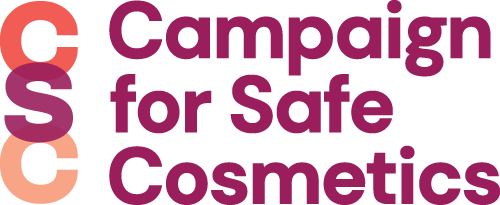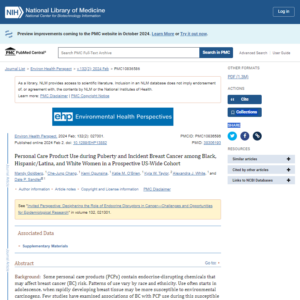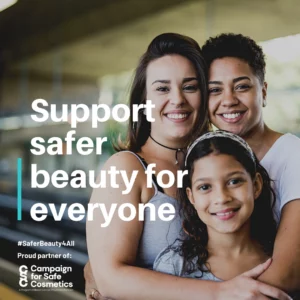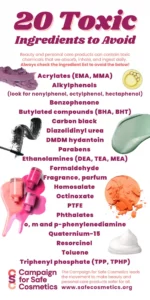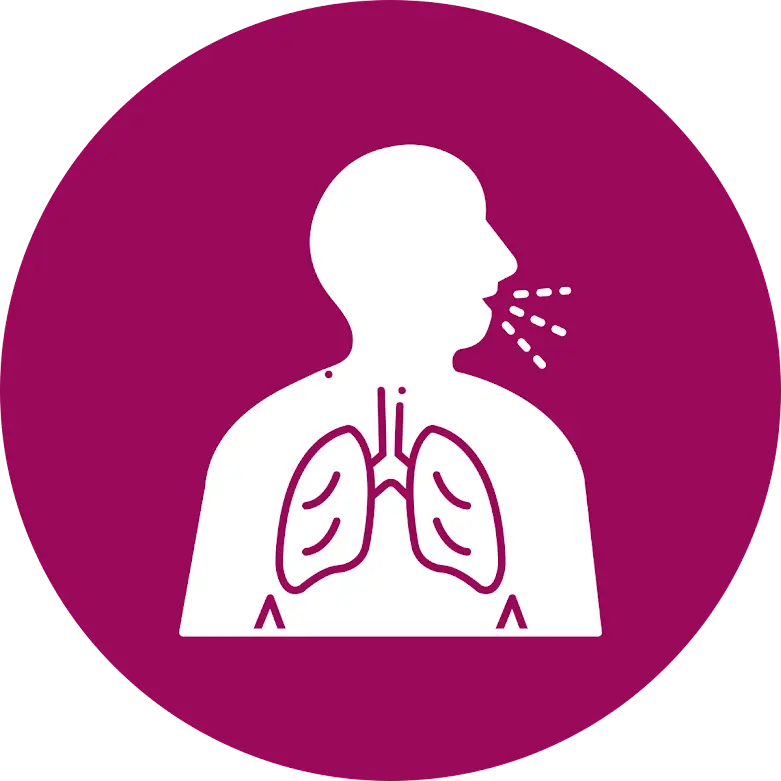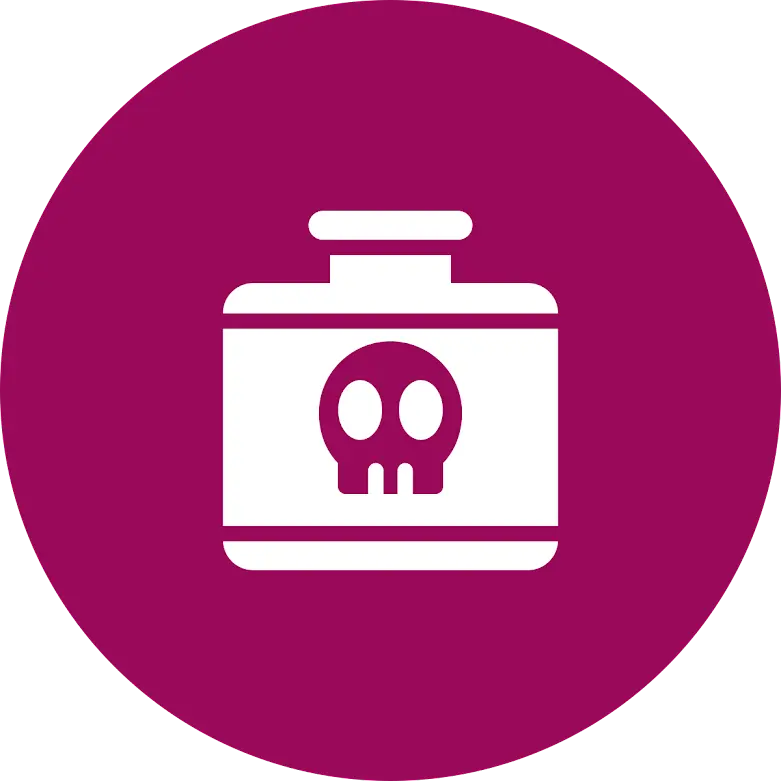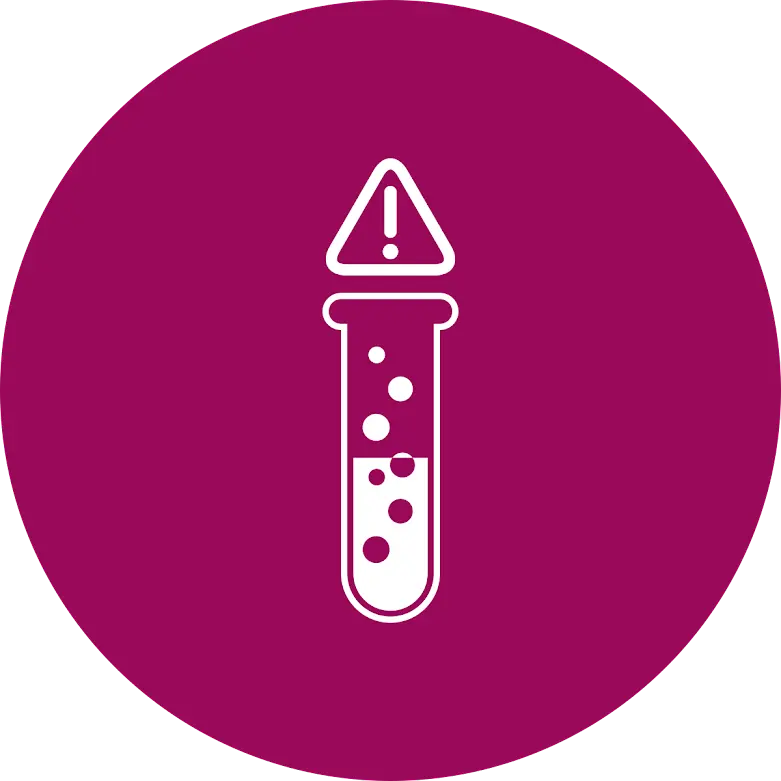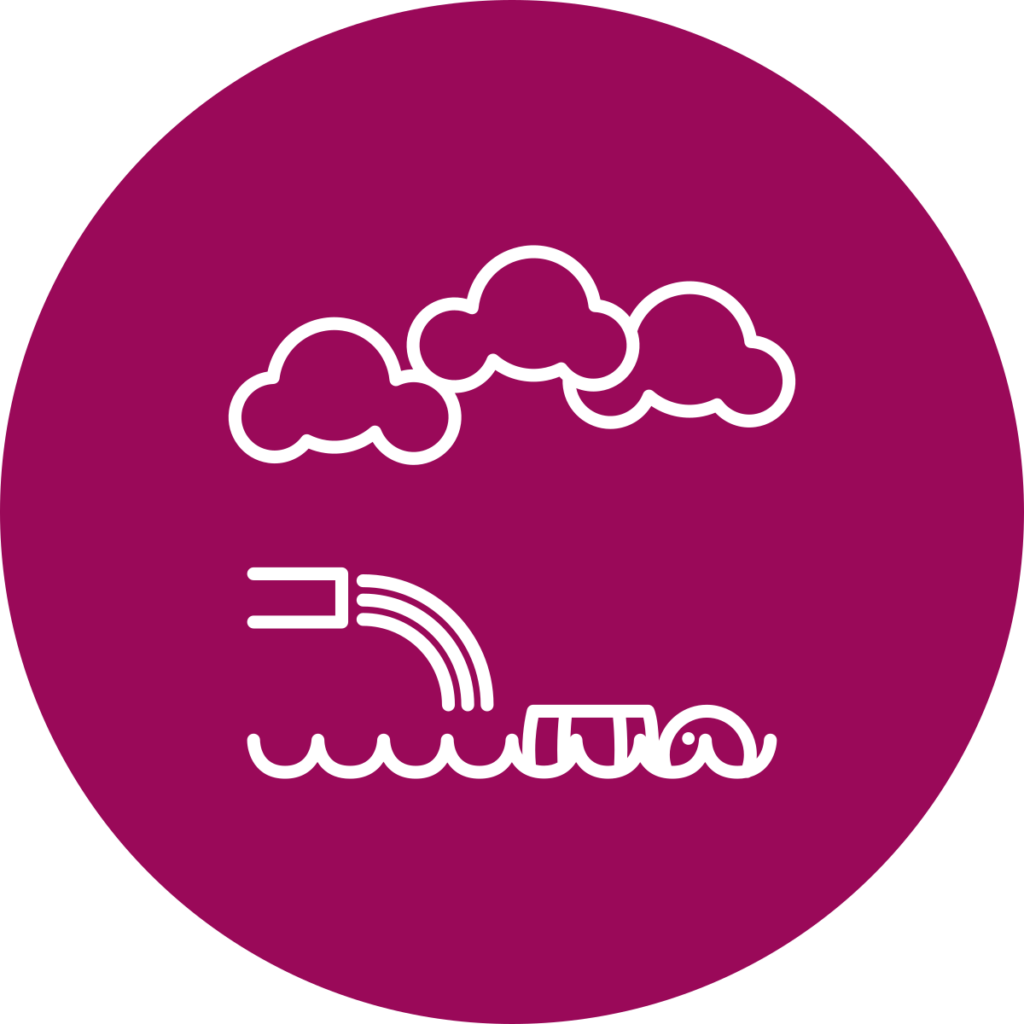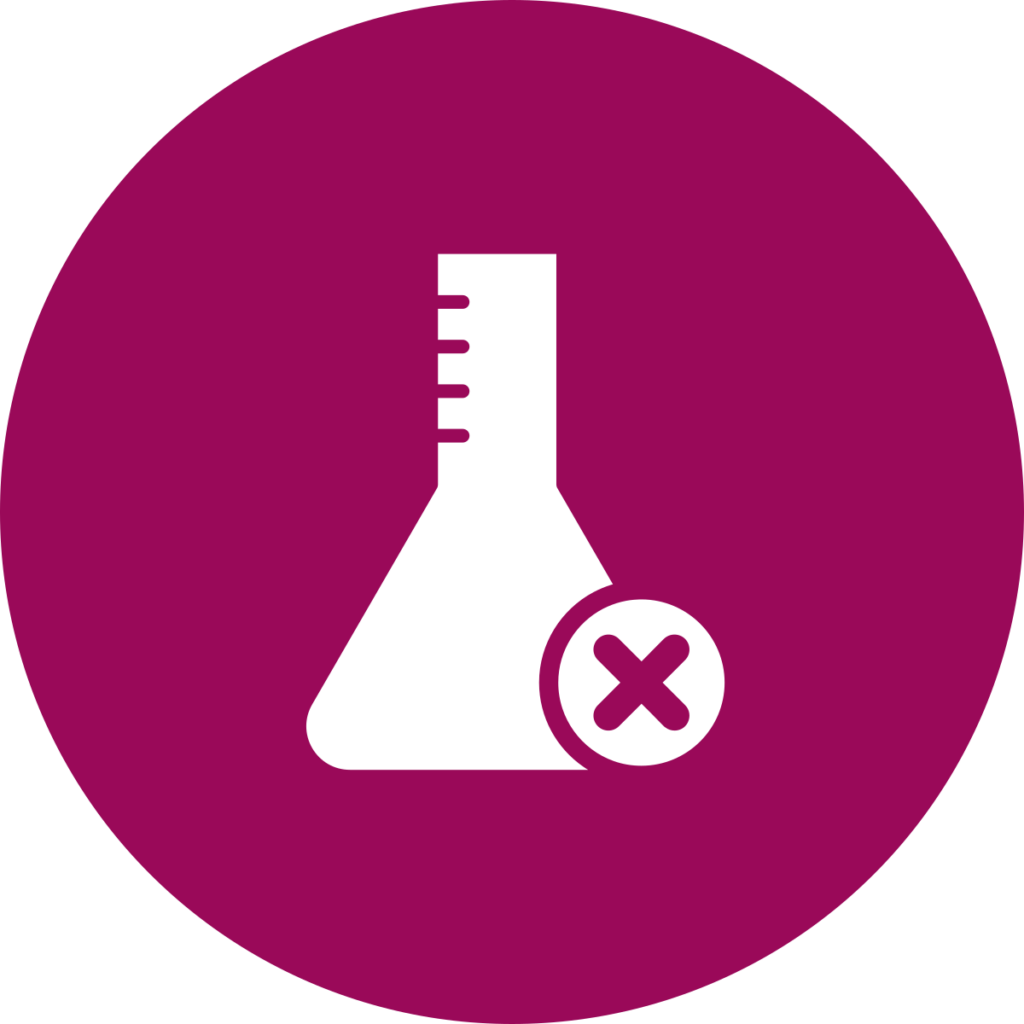SAN FRANCISCO-On the eve of Mother’s Day, when many sons and daughters purchase cosmetics and personal care products as gifts for their moms, the Campaign for Safe Cosmetics reports that 116 cosmetics and personal care product manufacturers have signed the “Compact for Safe Cosmetics,” a pledge to replace hazardous ingredients with safer alternatives within three years.
Amid a flurry of media scrutiny and growing public concern about toxic chemicals in cosmetics, many cosmetics manufacturers are reformulating their products to remove ingredients known to be carcinogens, mutagens and reproductive toxins. In addition, stricter European laws have forced U.S.-based companies to examine more closely the safety of chemical ingredients in products sold in the United States and other worldwide markets.
Several major companies, including L’Oréal (OTC: LORLY [ADR]), Revlon (NYSE: REV) and Estée Lauder (NYSE: EL), have agreed to the first requirement of the Compact for Safe Cosmetics, by announcing that they will meet the standards and deadlines set by the European Union Directive 76/768/EEC, wherever their products are sold. The EU directive, which became law in 25 European countries on October 1, 2004, requires products to be free of chemicals that are known or strongly suspected of causing cancer, genetic mutation or birth defects.
Despite repeated requests, however, these and other major multinational cosmetics companies have thus far refused to sign the full “Compact for the Global Production of Safe Health and Beauty Products,” which would commit them to undertake an inventory of all ingredients; determine whether they use chemicals that pose hazards including cancer, endocrine disruption, genetic mutation, reproductive toxicity, developmental harm and neurotoxicity; and implement a plan to replace those ingredients with safe alternatives within three years. Commonly-used cosmetics ingredients that pose such risks include formaldehyde, coal tar, lead acetate, silica, propylene glycol, sodium lauryl sulphate and p-phenylenediamine.
The Compact for Safe Cosmetics was developed by the Campaign for Safe Cosmetics, a coalition of U.S.-based health and environmental groups, as a way to protect consumers from toxic chemicals and hold companies accountable for the safety of their products. In recent months, the rate at which companies have signed the Compact has increased significantly.
“We congratulate the 116 companies who have signed the Compact for Safe Cosmetics,” said Jeanne Rizzo, R.N., executive director of the Breast Cancer Fund, a founding member of the Campaign for Safe Cosmetics. “It is our fervent hope that more companies will follow their lead and make a firm, unwavering commitment to protect our health by ensuring cosmetic safety.”
Contrary to what many consumers may believe, the FDA does not review or regulate cosmetics products or ingredients for safety before they are sold to the public and has no legal authority to require safety assessments of cosmetics. As a result, one out of every 100 personal care products on the market contains known or probable carcinogens and 89 percent of ingredients in products have not been assessed for safety, according to a study by the Environmental Working Group (http://www.ewg.org/reports/skindeep/).
Women and girls use an average of 12 personal care products daily, according to a 2004 survey conducted by the Campaign for Safe Cosmetics.
Current Compact signers include Aubrey Organics, Avalon Natural Products, and Dr. Bronner’s Magic Soaps. For the full list, please visit https://www.safecosmetics.org/companies/signers.cfm.
#
Founding members of the Campaign for Safe Cosmetics include: Alliance for a Healthy Tomorrow, Breast Cancer Fund, Clean Water Fund, Commonweal, Environmental Working Group, Friends of the Earth, Massachusetts Breast Cancer Coalition, National Black Environmental Justice Network, National Environmental Trust and Women’s Voices for the Earth.
For more information and background on the campaign, see www.safecosmetics.org.
